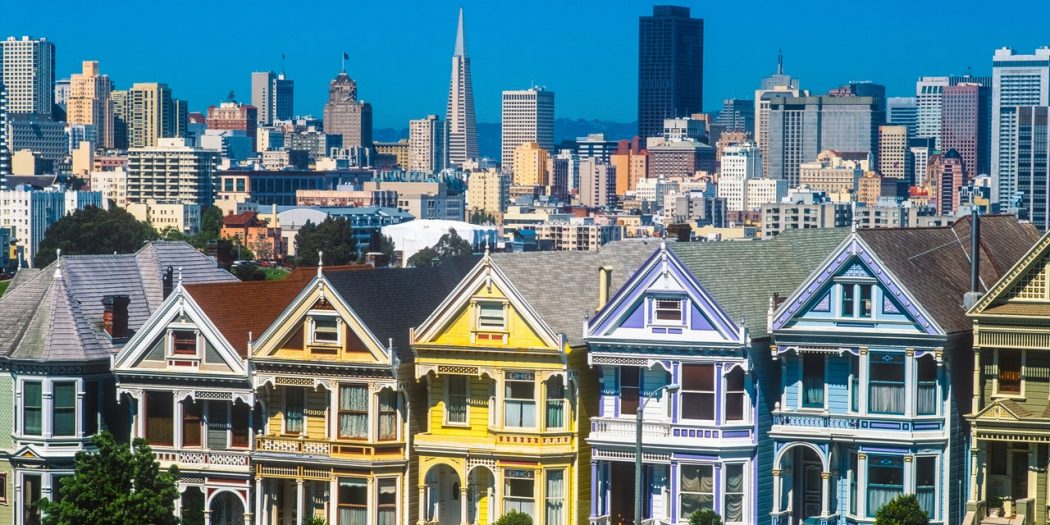In January 2021, Nevada Governor, Steve Sisolak announced legislation intended to boost the state’s economy by allowing tech companies to create their own forms of local government. The plan would set up “Innovation Zones”, where tech companies would be able to take over the governing capacity of local counties. This includes the power to introduce taxes and set up government services. Similarly, Facebook and Amazon have planned de facto company towns to house their employees.
Lowell, Massachusetts, was founded in 1836 and is considered the first company town in the US. It was named after Francis Cabot Lowell, a leader of the American industrial revolution. Lowell was home to Merrimack Manufacturing Company, a textile company that brought workers into the town from the surrounding region. What differentiated Lowell from normal settlements was that workers-citizens lived in houses built by Merrimack and were required by the company to attend church on a regular basis. In essence, the pace and lifestyle of the town were set by the company.
Since Lowell, around 2000 company towns have existed in the US. Many of them were developed as an expedient method for companies to move workers to rural areas where their resource extraction operations took place. The conditions in these towns have historically varied. Mining towns specifically were notorious for high costs, poor living standards and driving workers into debt as a means of keeping them in the company. Because of their remote locations, these companies often had a complete monopoly on consumer activity in these towns.
On the other end of the spectrum, towns like Hershey, Pennsylvania, home of the Hershey chocolate factory, were borne out of a utopian vision to create a harmonious and morale-boosting community for workers. Hershey was widely regarded as a successful company town that offered a decent quality of life. Despite this, company towns have historically been a mixed bag, with the overarching takeaway being that giving corporations too much control over their workers’ lives creates the ideal environment for exploitation.
Returning to the present, modern company towns have taken different forms. Over the past decade, Amazon has essentially turned Seattle into its own kind of company town. As of 2021, the tech giant has around 75,000 employees in Seattle and takes up more office space than the 40 next largest employers combined. The surrounding economy has been influenced as restaurants, bars and public transportation have been developed to serve the increased population of Amazon workers. Amazon also began development of what it calls “HQ2”, its second headquarters in Arlington, Virginia which is intended to house 50,000 employees.
Facebook planned a 59-acre community called “Willow Village” in 2018 located in its headquarters at Menlo Park, California. It would include employee housing, stores, a pharmacy, a cultural centre and more.
Amazon’s activities are reminiscent of the company towns of old due to the scale with which they can influence the surrounding community, but Facebook takes things a step further. Facebook planned a 59-acre community called “Willow Village” in 2018 located in its headquarters at Menlo Park, California. It would include employee housing, stores, a pharmacy, a cultural centre and more. In 2017, the Mayor of Menlo Park even backed Facebook in its plan to create its own police unit for the area. Facebook public policy manager, Juan Salazar said that “The parks, the grocery store, are places to congregate together, to build a sense of place”, an echo of the utopian vision that motivated the creation of towns like Hershey in the 19th century. In February, Facebook submitted more detailed plans for Willow Village and hopes to finalize approval for the project by the end of 2021.
The recent Nevada Innovation Zone plans would allow companies to create their own versions of utopian towns by giving them taxation and policing power over their communities if they meet certain criteria. The requirements are that the company must own 50,000 acres of uninhabited land and plan to invest $1-billion dollars into the development over the next ten years. This is not unfeasible for many tech companies. In 2018, Blockchains LLC bought 67,125 acres of land in the Nevada desert. Thus, in Nevada, the stage appears set to allow companies to create towns like the company towns of the past, except this time around with their own police, courts and more.
Corporations are inherently and understandably profit-seeking…
Given that in the company towns of America’s past, worker mistreatment was commonplace due to the monopoly that corporations had over the environments where their workers lived, it is not a far cry to say that Facebook’s Willow Park and Nevada’s Innovation Zones could end the same way. If tech employees live in company housing, shop at company stores and socialize in company centres, it seems likely that a dystopian, not utopian future is set to unfold. Corporations are inherently and understandably profit-seeking, thus allowing them to take control of public services such as schooling, policing and community activities is an obvious cause for concern. As the plans put forward by tech companies like Amazon and Facebook continue as well as legislation from states like Nevada, legislators and citizens alike should turn to the manufacturing and mining towns of old as a cautionary tale.








